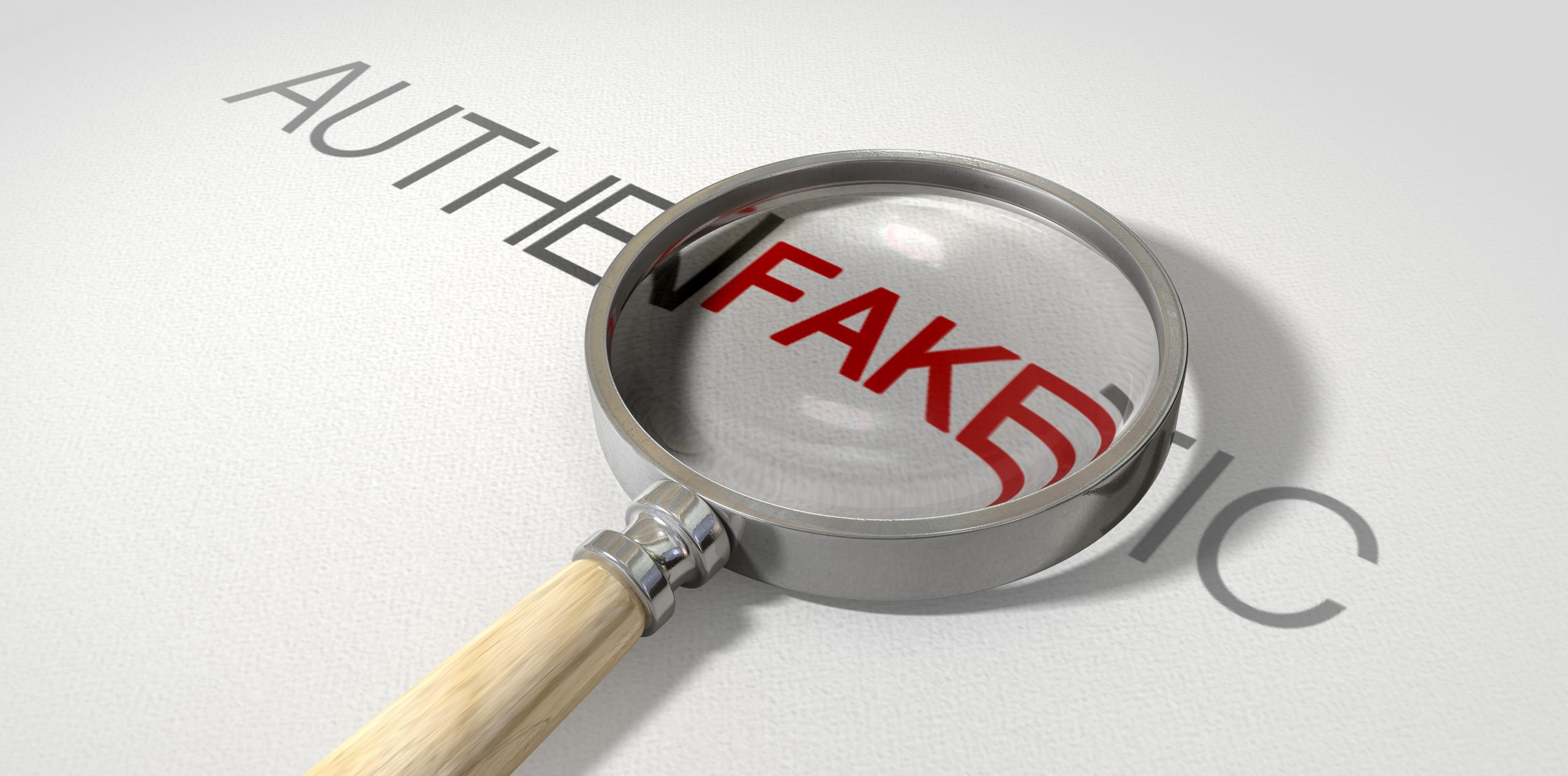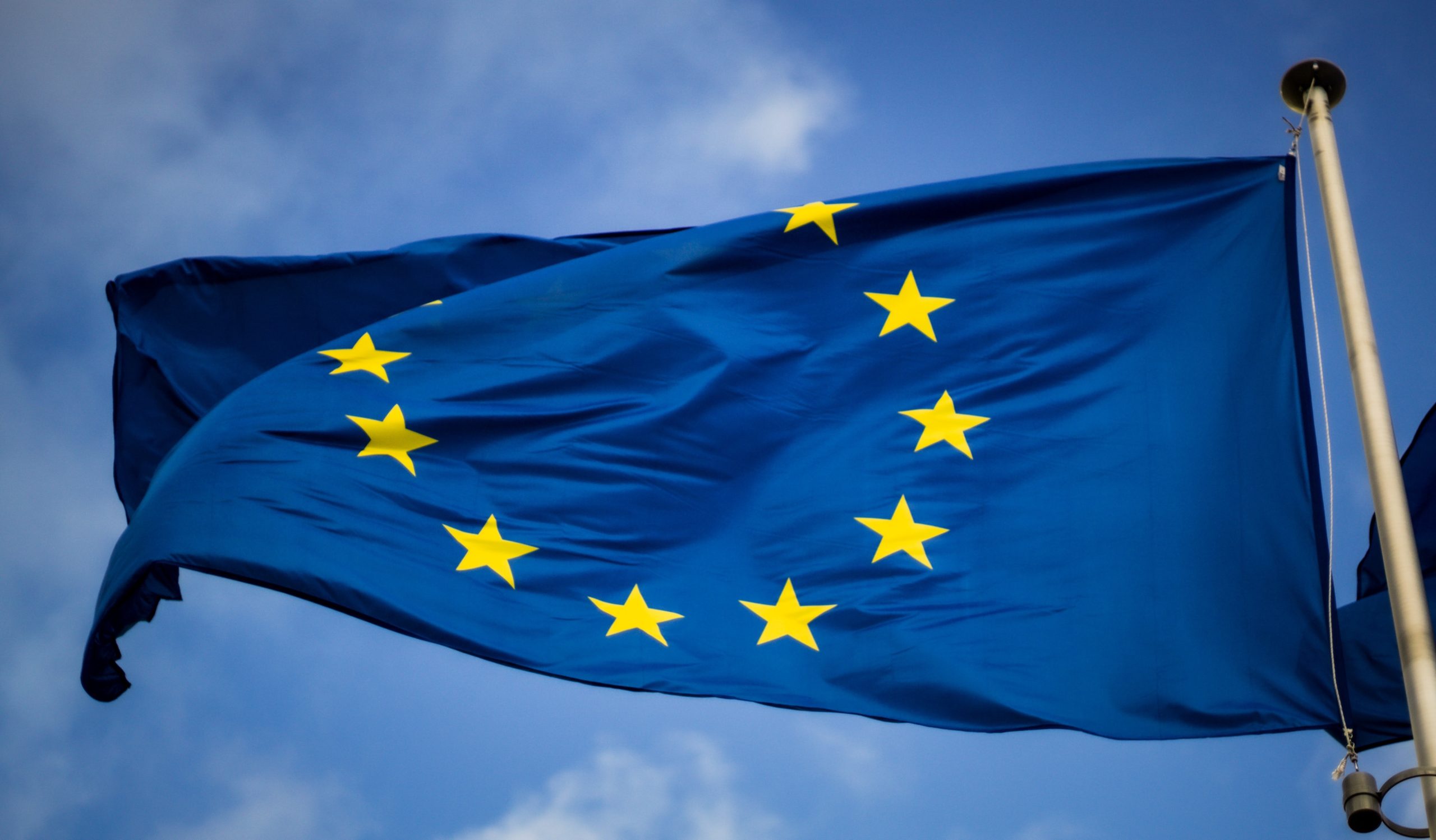Last month, the 7th United Nations Internet Governance Forum (IGF) took place in Baku, gathering more than 1,600 participants willing to explore the various aspects of the “Internet Governance for Sustainable Human, Economic and Social Development”.
The IGF is an ecumenical forge of ideas where all Internet stakeholders can meet, speak their minds freely and try to connect the Internet-governance dots. The IGF it is not simply an annual event. It is a unique participatory process that allows all stakeholders to share their point of view and analyse some of the most relevant issues that have a direct impact on the evolution of the Internet.
I had the pleasure of being one of the participants at the Forum – as an Internet Society Ambassador – and to organise one of the IGF workshops, that was aimed at scrutinising whether Intellectual-property-rights protection might be reconciled with the freedom to impart and receive information online. The report of the IGF workshop N° 146 – Intellectual property rights and the freedom to share: are the two compatible? – may be found here whereas the workshop webcast may be found here.
Here are some thoughts that have inspired the organisation of the workshop as well as some of the discussion’s outcomes.
Copy-right or access-and-use-right?
The current Information Society has opened new avenues for economic growth and social development, provoking an increasing migration of human interactions from the “real” to the “virtual” world. In such a context, authors are increasingly able to auto-produce and freely circulate their works of art, regardless of frontiers and without having to bear overwhelming expenses.
To this extent, it can be argued that the current creative production is increasingly independent from the production of physical support that grounded the dynamics of the “traditional” copyright model. The massive use of Information and Communication Technologies (ICTs), together with the “dematerialisation” of creative works, has indeed shed light on the inadequacy of this traditional model to the online environment, and requires the adoption of new business models that may grant authors rights fitting in an environment made of 1s and 0s.
Indeed, in a dematerialised environment, copyright protection cannot rely on the control of the reproduction of the material support of a copyrighted content, and in order to impede the free-riding of authored works, it becomes more than tempting to impinge on the spectrum of uses of the digital content.
This yearning to tame technology is no news. Indeed, the early Anglo-Saxon copyright enforcement may be considered as a governmental attempt to rule and restrain the – at the time –new technology of the printing press[1], and the current Digital-Rights-Management systems that strictly define how a digital content may be accessed and used are nothing more than an application of the original Anglo-Saxon rationale to Internet technology.
Thanes of Copyright…
Both American and European legislators have attributed to the right-holders the possibility to unilaterally impose the contractual provisions they deem necessary to protect their rights and to enforce them through technical measures.
Indeed, when an Internet user purchases a digitised copyrighted good online, s/he is not free to use this good as s/he may be in the real world. The contractual relationship subsistent between right holders and their customers is unilaterally determined by the former by means of End User License Agreements (EULAs), thus attributing to rights holders a sort of “para-legislative power”, that grants them the faculty of substituting the national legislator in the determination of the limits to the access and use of copyrighted materials, eventually exceeding the copyright rationale[2].
When elaborating the Copyright Directive (i.e. Directive 29/2001/CE), the European Legislator decided to be highly supportive of this sort of private ordering. Indeed, Article 6 of the Directive explicitly states that only “in the absence of voluntary measures taken by rights-holders, including agreements between rights-holders and other parties concerned, Member States shall take appropriate measures to ensure that right-holders make available to the beneficiary of an exception or limitation provided for in national law […] the means of benefiting from that exception or limitation, to the extent necessary to benefit from that exception or limitation and where that beneficiary has legal access to the protected work or subject-matter concerned”.
By encouraging “voluntary agreement” and protecting the use of technical measures such as DRM systems and the like, the American and European legislators have made the choice of attributing a considerable power to right-holders, allowing them, on the one hand, to unilaterally influence the spectrum of rights enjoyable by consumers and, on the other hand, to further enlarge the gap between the copyright regime in the digital world and in the “real world”. In fact, technological measures deployed by right holders may considerably diminish – or eventually exclude – a number of lawful uses of copyrighted materials, traditionally granted by both first sale doctrine and the fair use doctrine or by copyright limitations and exceptions.
…or participatory governance
The tendency towards the utilisation of private ordering to let the copyright protection migrate into the digital environment stands alongside an attempt to strengthen copyright-related legislation, both on the domestic and the international level, as it has been clearly exemplified by the proposed SOPA, PIPA and ACTA.
The aforementioned proposals have generated global protests and triggered the first Internet strike in history.
It seems to the author that such protests highlighted the consolidation of a twofold phenomenon. On the one hand, internet users have shown their attachment to a free and open Internet as well as to their “freedom to share”, which is a unique attribute of the emerging information society and represents the rejuvenation of the more “traditional” fundamental right to receive and impart information and ideas without interference by public authority and regardless of frontiers. On the other hand, Internet users are increasingly realising their nature of Internet-governance stakeholders and are more and more keen on being involved in the elaboration of those pieces of legislation that directly affect what they perceive as “their” Internet.
Indeed, Internet users seek increasing involvement in the elaboration of internet-related juridical tools and have shown particular restlessness with regard to the behind-closed-door nature of the elaboration process of some of the aforementioned proposals. As Markus Kummer from the Internet Society has noted, although the elaboration of international treaties has been traditionally conducted behind closed doors, policymakers should take into consideration that, when negotiations touch Internet-related topics, such as ACTA, a higher degree of transparency and participation is required.
It is right and proper to highlight that, amongst the various challenges that Internet policy-making entails, the implementation of multi-stakeholder and participatory processes should be a priority.
Indeed, as it has been recommended by the Organisation for Economic Cooperation and Development, the involvement as well as the active contribution of all the stakeholders should be truly considered as a guiding principle for Internet policy making and, as James Lawson from the Council of Europe has stressed, a multi-stakeholder and transparent process should be undertaken in every stage of the policy-making in order to produce tools that reflect freedom of association and freedom to access information in both their content and elaboration process.
[1] See: J. HUGHES, “The Philosophy of Intellectual Property”, Georgetown University Law Center and Georgetown Law Journal, December, 1988; B. KAPLAN, An Unhurried View of Copyright, Columbia University Press, 1967.
[2] See: U.S. Copyright Office, A Report of the Register of Copyrights Pursuant to §104 of the Digital Millennium Copyright Act, August 2001.


